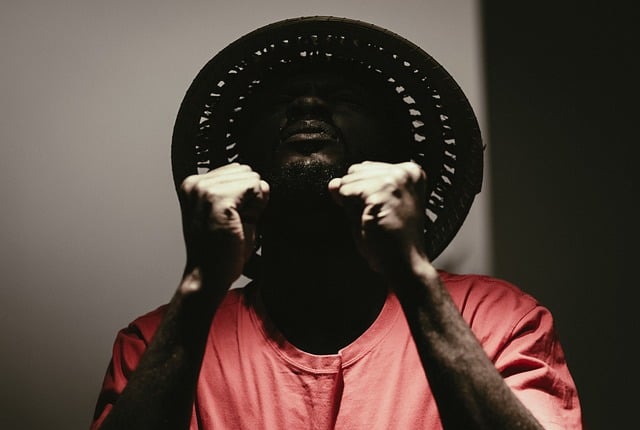In a world filled with complexities and moral dilemmas, the concept of a plea” resonates deeply within the human experience. It’s more than just a request for help; it’s an expression of vulnerability, a cry for understanding, and a path towards redemption. When we frame our discussion through the lens of morality, we begin to appreciate the transformative power of pleading in the realm of religion and ethics.
At its core, a plea often emerges in moments of desperation, a state where individuals confront their own limitations and seek something greater than themselves. In religious contexts, pleas are prevalent in prayer, where believers turn to the divine when faced with challenges, seeking forgiveness, guidance, or comfort. The act of pleading is not merely about asking; it represents hope—a reaffirmation of faith that there is a higher power ready to listen.
Consider the biblical narrative of the Prodigal Son. This parable illustrates the essence of pleading beautifully. After squandering his inheritance, the son returns home with a heartfelt plea for forgiveness. His vulnerability in admitting failure not only paves the way for his redemption but highlights a greater moral lesson: the importance of compassion and unconditional love. The father’s response signifies that true morality involves recognizing our shared humanity and the inevitability of failure.
In many religious traditions, the plea is intertwined with the concept of repentance. It acknowledges wrongdoing and signifies a desire to correct one’s path. The moral implications are profound: when we plead for forgiveness or assistance, we are engaging in a process of self-reflection that compels us to confront the moral choices we have made. This acknowledgment of our flaws positions us not just as passive recipients of grace but as active participants in the act of making amends.
Furthermore, the communal aspect of plea in religious contexts cannot be overlooked. Many faiths encourage collective prayer or communal pleas for support, reinforcing the idea that we are not alone in our struggles. This collective plea fosters a sense of belonging and encourages mutual accountability, propelling individuals towards moral growth and communal solidarity.
The moral lens through which we view a plea reveals its powerful potential to elicit change. It challenges us to reflect on our own lives and consider how we respond to the pleas of others. Are we the compassionate figure who helps lift someone from their despair? Or do we turn a blind eye to the cries for help around us? Within the framework of morality, every plea we encounter becomes an opportunity for introspection, empathy, and ultimately, an invitation to act.
In exploring the themes of redemption and moral accountability through the concept of the plea, we uncover a rich tapestry of human experiences that transcend individual beliefs. It speaks to universal truths that remind us of the importance of humility, the power of forgiveness, and the transformative journey that each of us must embark upon in our quest for meaning. As we navigate our moral landscapes, let us remain open to the pleas of our own hearts and those of others, for it is in these moments of vulnerability that true redemption can flourish.




